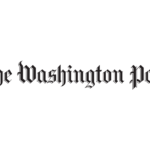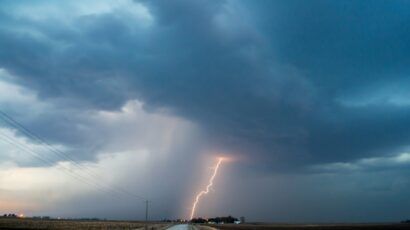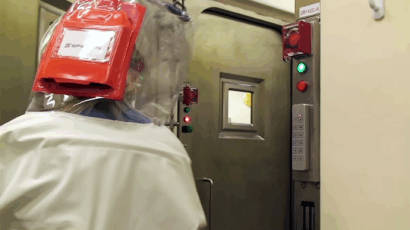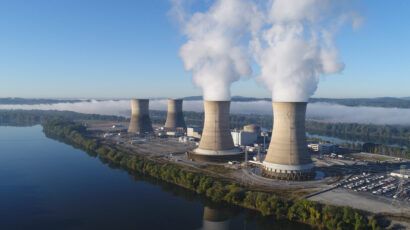The politics of phase-out
By Miranda A. Schreurs | November 1, 2012
The German decision to phase out nuclear energy following the Fukushima crisis builds on earlier political decisions to support the growth of renewable electricity, to improve energy efficiency, and to turn Germany toward sustainable energy and away from nuclear power. Germany is now embarking on what is known as the Energiewende, a plan to turn the entire economy to a low-carbon energy structure that does not make use of nuclear energy. The last nuclear power plants are scheduled to be shut down in 2022. Although there are still many skeptics of the phase-out plan, it has support across the political spectrum; Chancellor Angela Merkel of the Christian Democratic Union sees this as one of her top priorities, as do the opposition Greens and Social Democratic Party. In part, this support stems from the financial benefits that the shift to renewables has brought to many small- and medium-sized German businesses. The expansion of renewable energy capacity has been dramatic and now accounts for one-quarter of electricity production, up from about 3 percent in 1990.
Together, we make the world safer.
The Bulletin elevates expert voices above the noise. But as an independent nonprofit organization, our operations depend on the support of readers like you. Help us continue to deliver quality journalism that holds leaders accountable. Your support of our work at any level is important. In return, we promise our coverage will be understandable, influential, vigilant, solution-oriented, and fair-minded. Together we can make a difference.
Issue: Bulletin of the Atomic Scientists Volume 68 Issue 6
Keywords: Angela Merkel, Energiewende, Fukushima, Germany, nuclear phase-out, nuclear power, politics, renewable energy
Topics: Uncategorized















